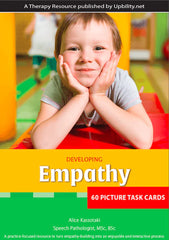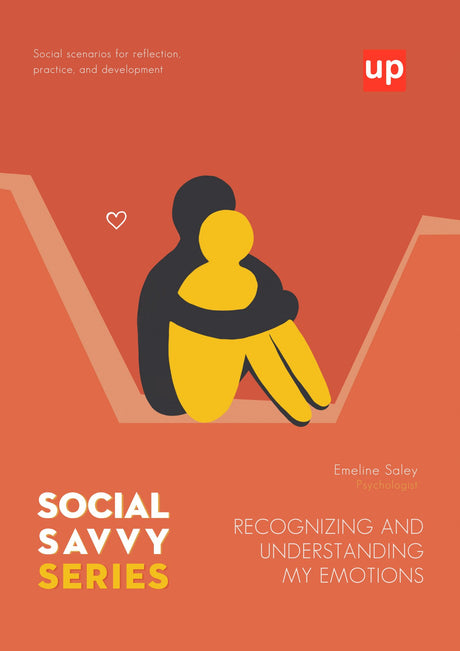Introduction:
Outdoor activities have been recognized as transformative experiences for individuals on the autism spectrum. Scientific research supports the view that engaging in outdoor activities can have profound positive effects on the well-being and development of children with autism (Bentsen et al., 2018).
In this article, we will delve into the science behind the healing power of nature, enhancing physical and motor skills, building social skills and emotional resilience, cognitive development and learning opportunities, and provide practical tips for safe and enjoyable outdoor adventures.
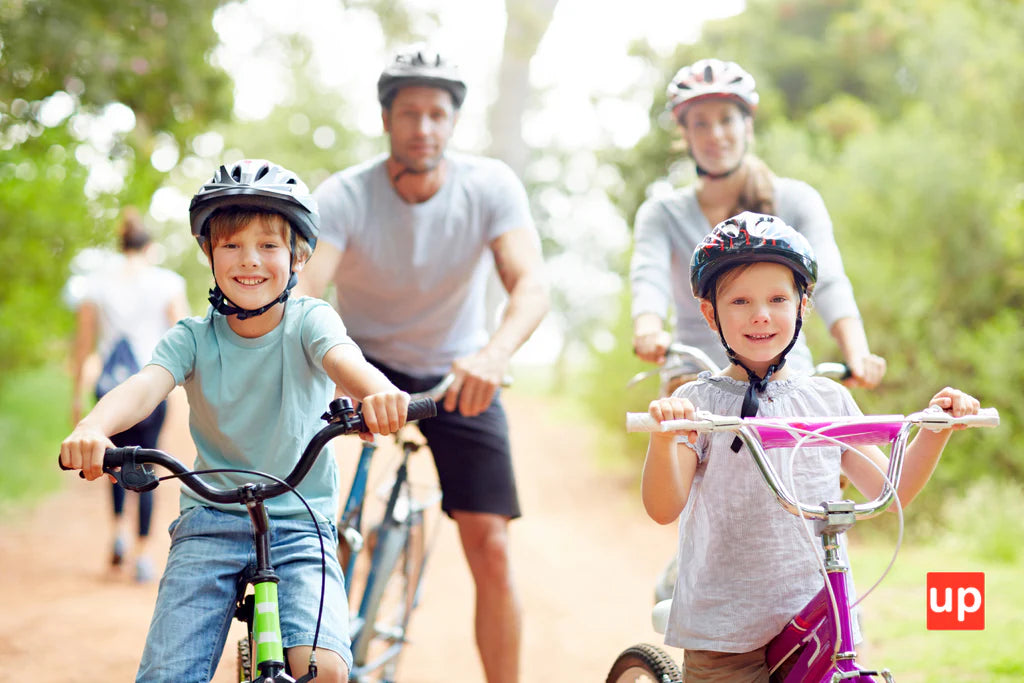 The healing power of nature for autistic children:
The healing power of nature for autistic children:
Nature serves as a therapeutic environment for autistic children because of its unique sensory characteristics. The natural environment provides a calming and sensory-friendly space, allowing children to regulate their sensory input and reduce the possibility of sensory overload (Kaplan & Kaplan, 1989).
Exposure to nature has been shown to reduce anxiety levels, increase attention span, and enhance cognitive function in individuals with autism (Faber Taylor & Kuo, 2009).
The restorative effects of nature positively influence emotional well-being and reduce anxiety in autistic children (Ulrich et al., 1991).
Strengthening physical and motor skills:
Outdoor adventures offer many opportunities for autistic children to develop physical and motor skills. Activities such as hiking, biking, climbing and swimming engage different muscle groups, promoting the development of gross and fine motor skills (Ferguson & Oliver, 2016).
Participation in these activities helps children improve coordination, strength and balance (Bentsen et al., 2018).
Studies have shown that regular engagement in physical activities can have long-term benefits for overall fitness and well-being (Pan, 2017).
Development of social skills and emotional resilience:
Outdoor adventures provide autistic children with valuable socialisation opportunities. Cooperative outdoor activities foster teamwork, communication, and collaboration, allowing children to develop and practice social skills in a natural environment (Pan, 2017).
Studies have demonstrated that participation in group activities outdoors increases social interactions and peer bonding among autistic individuals (Bentsen et al., 2018). These experiences also contribute to the development of emotional resilience and self-confidence (Faber Taylor & Kuo, 2009).
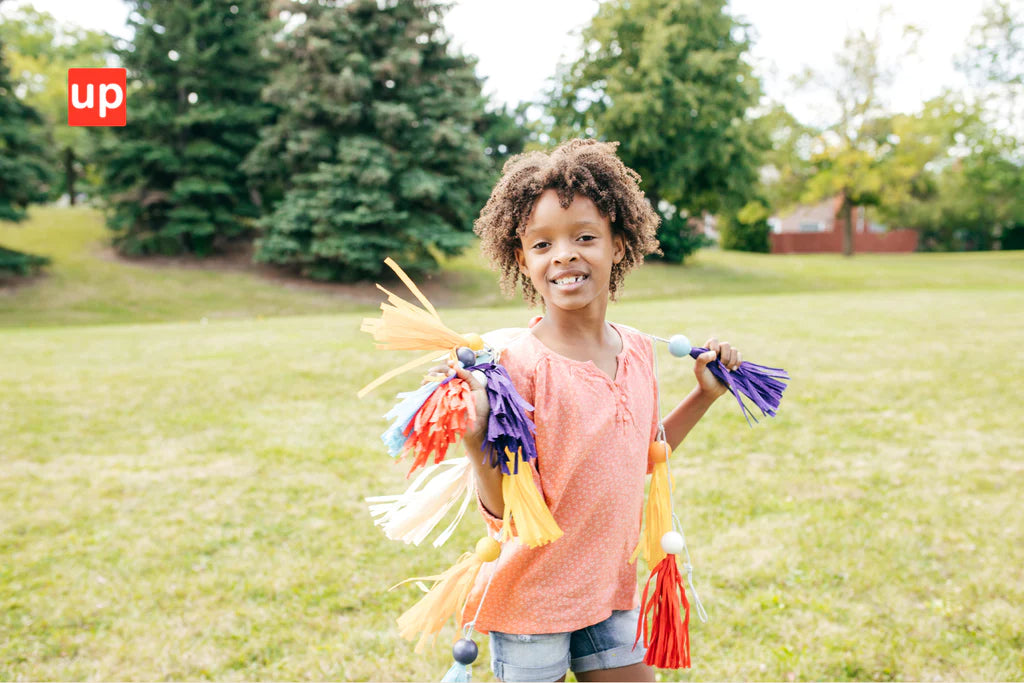
Cognitive development and learning opportunities:
Outdoor adventures stimulate cognitive development in autistic children. The challenges and problem solving inherent in outdoor activities promote critical thinking skills, decision-making abilities, and creative problem solving (Bentsen et al., 2018).
Nature-based education and outdoor learning provide opportunities to explore topics such as wildlife, ecosystems, and conservation, enhancing the cognitive development and knowledge base of autistic children (Kellert, 2005).
Practical tips for safe and enjoyable outdoor adventures:
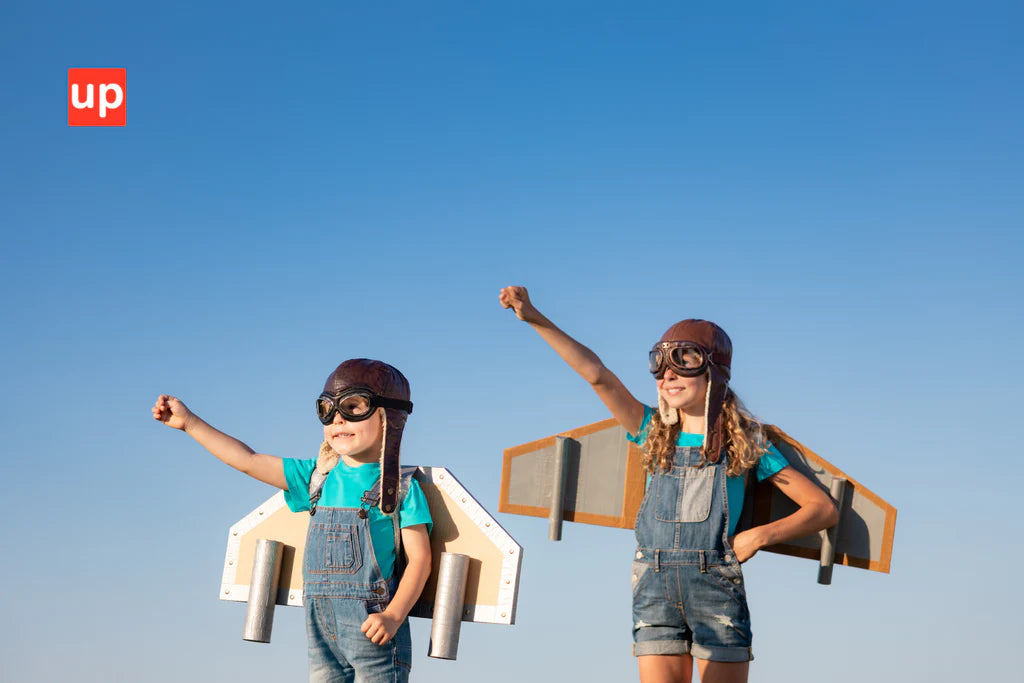 To ensure safe and enjoyable outdoor adventures, parents and caregivers should take several factors into account. It is important to choose activities that match the child's interests, abilities and sensory needs (Ferguson & Oliver, 2016).
To ensure safe and enjoyable outdoor adventures, parents and caregivers should take several factors into account. It is important to choose activities that match the child's interests, abilities and sensory needs (Ferguson & Oliver, 2016).
Adequate supervision, appropriate equipment and proper preparation are vital to ensure safety during outdoor activities (Kaplan, 1995).
Understanding and managing potential sensory sensitivities, such as providing noise cancelling headphones or sunglasses, can help create a more comfortable experience for autistic children (Bentsen et al., 2018).
You may find interesting the following articles:
- Creating Routines for Teens with Autism
- Mood Disorders and Teenage Girls
- The Importance of Play Activities for Children with Autism
- Bullying and Autism: How to Help Your Child
- 10 Ways to Teach Your Child the Skills to Prevent Sexual Abuse
- Teaching Empathy Skills to Children With Autism
- Teaching Students with ADHD: Strategies for an effective lesson
- Are Autistic Girls Overlooked?
- Music Therapy: Autism Through Different Eyes
- 7 Key Social Skills to Help Children with Autism Cope with Bullying
Success stories and personal experiences:
Numerous success stories highlight the transformative power of outdoor adventures for autistic children. For example, a study by Anderson and Heyne (2012) documented how outdoor activities improved self-esteem, social skills, and physical fitness in autistic children. In addition, personal anecdotes from parents, carers and professionals working with autistic children often highlight the positive impact of outdoor adventures on overall wellbeing and development.
Conclusion:
Scientific research confirms the significant benefits of involving autistic children in outdoor adventures. The healing power of nature, enhancement of physical and motor skills, development of social skills and emotional resilience, as well as cognitive development and learning opportunities contribute to the overall positive impact. By providing a sensory-friendly environment, promoting physical activity, facilitating social interactions and stimulating cognitive development, outdoor adventures unleash the potential of autistic children.
It is important for parents and caregivers to consider the specific needs of each child when planning outdoor activities. By understanding sensory sensitivities, ensuring safety measures and choosing appropriate activities, they can create a positive and enjoyable experience for autistic children. The success stories and personal experiences shared by individuals and professionals in the field further validate the effectiveness of outdoor adventures in supporting the development and well-being of autistic children.
In conclusion, the adoption of outdoor adventures as a therapeutic and developmental tool can significantly benefit autistic children. The calming effect of nature, the opportunity for physical engagement, the promotion of social bonds and the cognitive stimulation provided by the outdoors create a holistic environment for development and empowerment. By harnessing the potential of outdoor activities, we can support and celebrate the unique abilities and strengths of autistic children.
Original content from the Upbility writing team. Reproduction of this article, in whole or in part, without credit to the publisher is prohibited.
You can also read:
- Asperger Syndrome: a guide for family and friends
- The Link Between ADHD and Exercise
- Improve Your Child's Self-Esteem With Extracurricular Activities
- ADHD and Lying: The Reasons Why Kids With ADHD Are Prone to Lying
- Back to School: Making it Easier for Students With Learning Disabilities
- ADHD and Substance Abuse in Teenagers A Research
Suggested Books on Special education :


